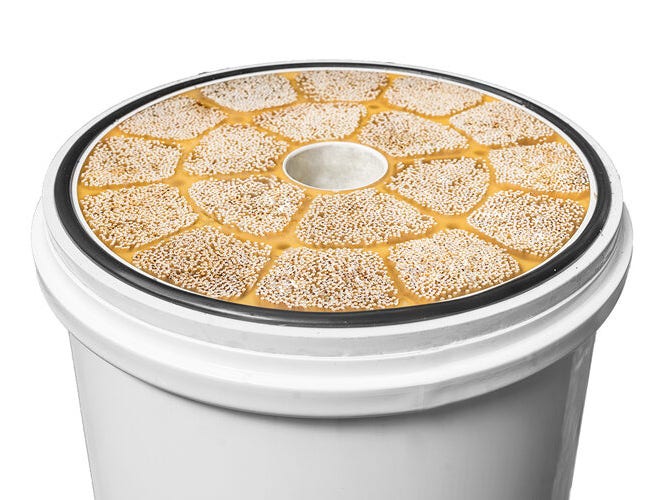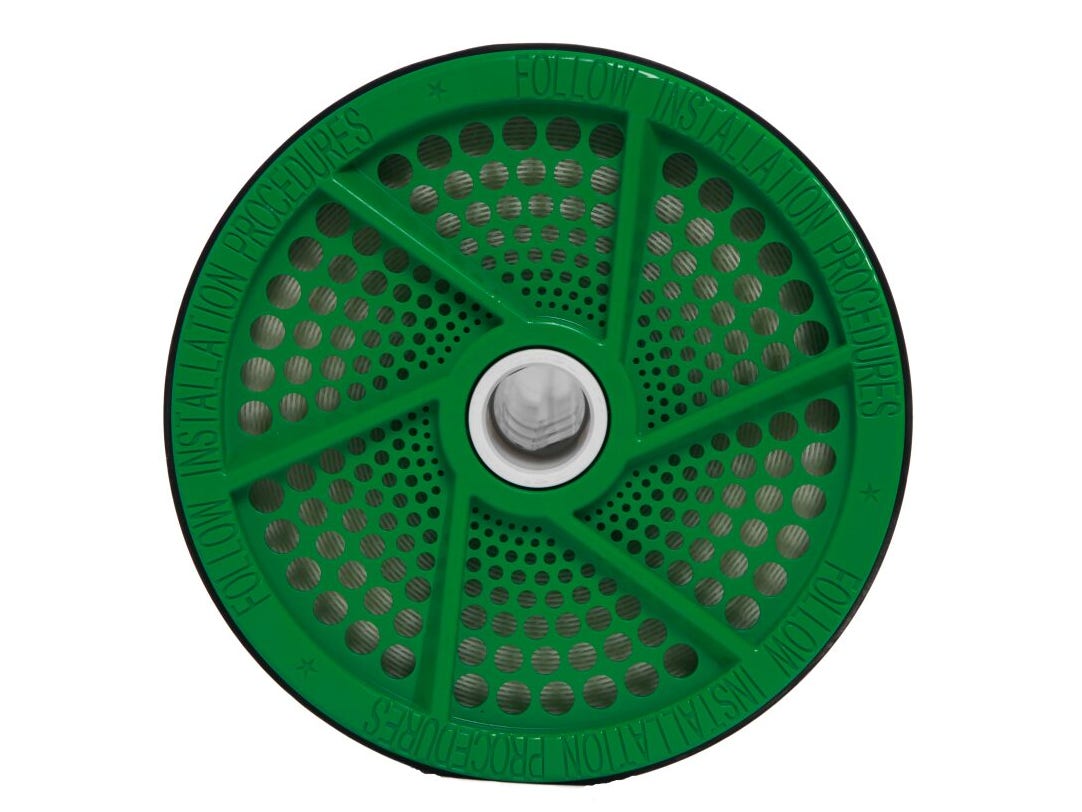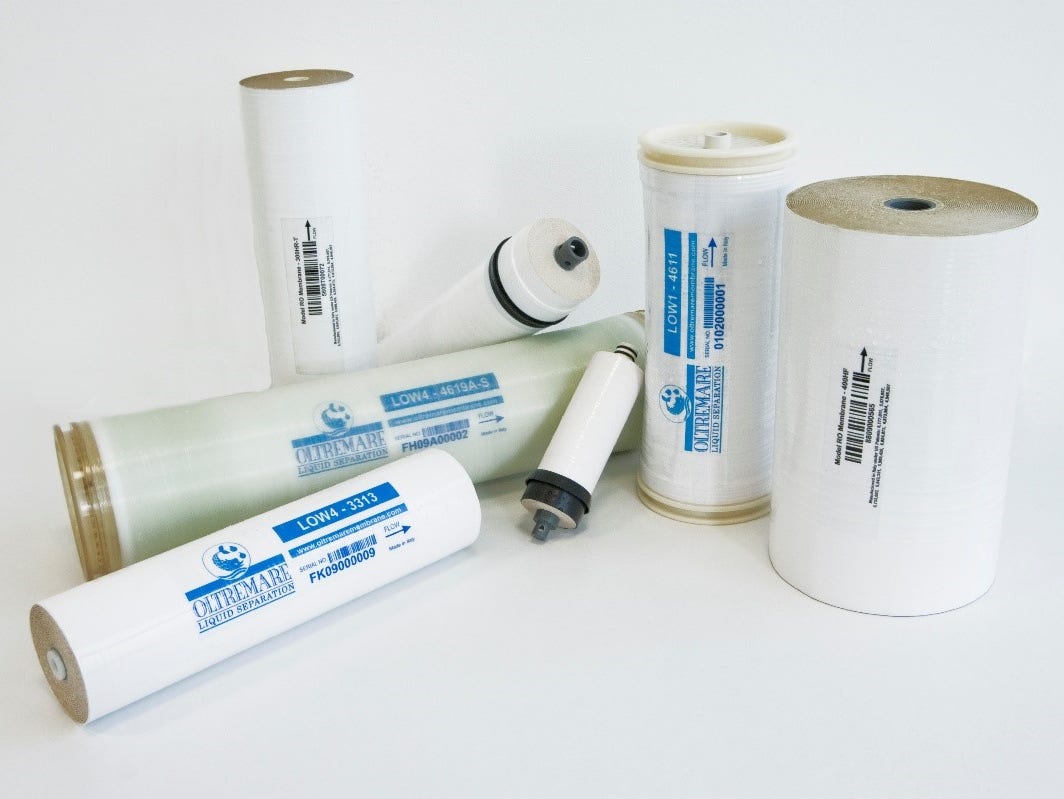Boiler Feed Water

Boiler feed water is used to generate steam in power plants. It must be treated to such an extent that certain substances contained in the water do not have any adverse effect on boiler operation or downstream system components due to corrosion and the formation of solid precipitation products (scale).
The high demands on the quality of boiler feed water depend on the materials used in the power plant, the respective mode of operation and the prevailing temperature and pressure conditions. However, one can break it down to the fact that hardness must be as low as possible to limit/avoid corrosion. Electrical conductivities of far below 1 µS/cm are required. For the same reason, the oxygen content in the system should be as low as possible. The pH range of the plant operation is also of great importance.
Often, several water treatment processes must be used to treat boiler feed water. Suspended solids are to be removed, for example, by filtering or chemical precipitation, while colloidal or emulsified substances are removed by flocculation or adsorption processes in older systems. However, precipitation and flocculation processes require a high amount of maintenance and chemicals whilst ion exchange processes require downtimes for regeneration. Membrane processes offer high cost benefits (chemical cost, process effectiveness, downtime), constant quality and availability of boiler feed water systems.
PureULTRA II hollowfiber ultrafiltration features a high solid tolerance in feed of 500mg/l and a high chemical tolerance to replace precipitation/flocculation stages of a surface water treatment process. MANN+HUMMEL RO high retention reverse osmosis elements are offering highest permeate quality at competitive price and availability.


